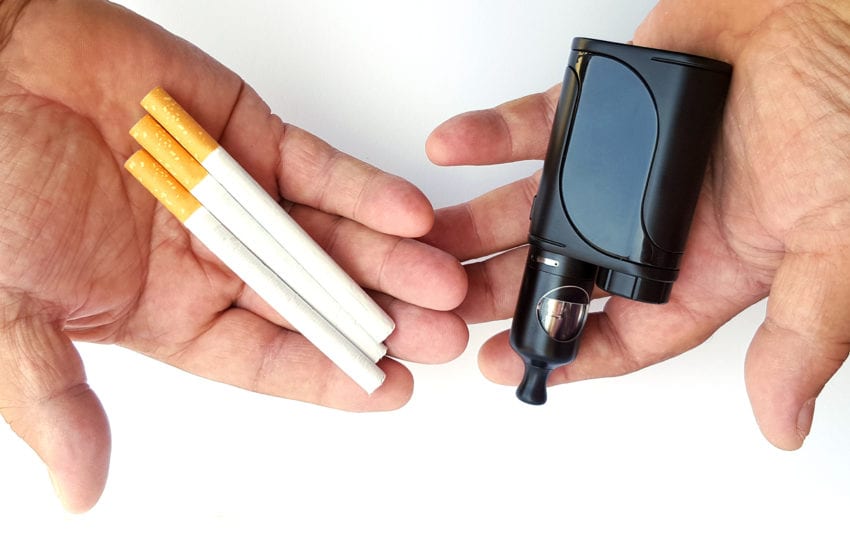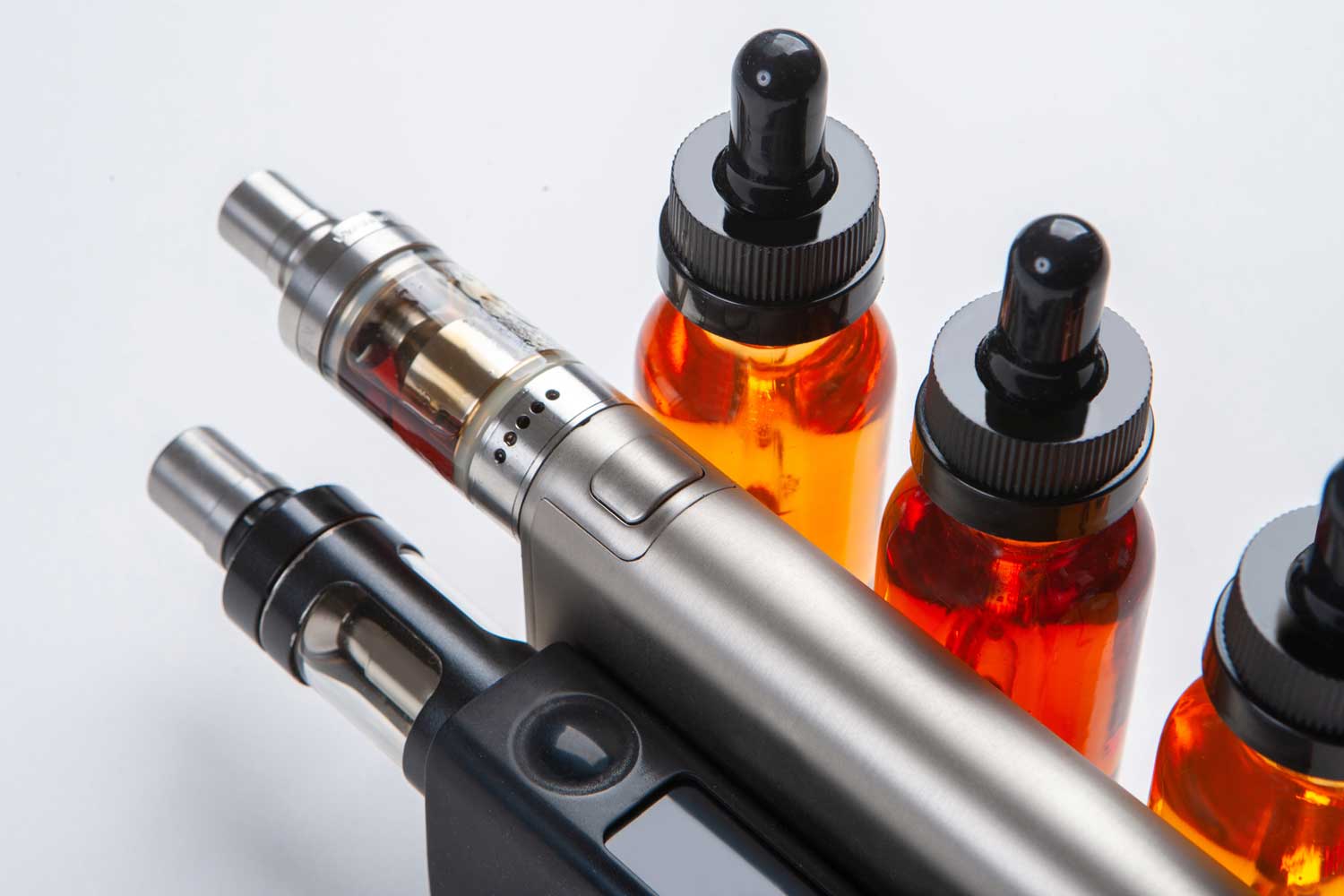

Banning many e-cigarettes from the market could harm public health, warns Guy Bentley, director of consumer freedom research at the Reason Foundation, ahead of the deadline for the U.S. and Drug Administration to decide the fate of millions of premarket tobacco product applications (PMTAs).
In a commentary published on the Reason Foundation’s website, Bentley says that the sooner that U.S. public health officials embrace vaping’s potential to improve public health by reducing smoking and smoking-related deaths, the better off we’ll all be.
Today, the FDA is expected to announce which electronic nicotine delivery devices (ENDS) will be allowed to remain on the U.S. market. The sheer volume of PMTAs—the agency has received more than 6.5 million applications—means that there may not be decision on every product, but the FDA’s announcement will likely cover the majority of the vape market.
To remain on the market, every vapor products must prove to the FDA that it is “appropriate for the protection of public health. Because the process is expensive and complex, larger companies enjoy a big advantage over their smaller competitors. Experts expect considerable consolidation in the vapor market after today’s announcement.
Most of the vapor products that are likely to be banned are the non-tobacco flavors that have proved popular among America’s 15 million vapers. Bentley pointed to a recent study on the effects of San Francisco’s ban on flavored tobacco products, which showed an increase in high school smoking following prohibition. He also cited research by the Centers for Disease Control and Prevention revealing that sweet or fruity flavors are not the primary reason why youth vape.
On the positive side, argues Bentley, if the FDA approves some e-cigarettes today, it will help put to rest the arguments about whether these products are beneficial to public health. Many studies suggest that vaping is considerably less harmful than smoking. It has also proven effective in helping people quit smoking traditional cigarettes. Public Health England has famously found e-cigarettes to be 95 percent safer than smoking, for example.
An FDA seal of approval for some cigarettes would force policymakers and antismoking advocates to justify their crusades against products that the agency deems to play a role in improving public health.
The majority of vapor products are likely to be banned today, however. In most cases, it won’t be because they are inherently riskier than approved products but because the applicants were unable to navigate the FDA’s complex regulatory system, according to Bentley.
The result of shutting down a vast portion of the vape industry, he warns, will be more smoking.







